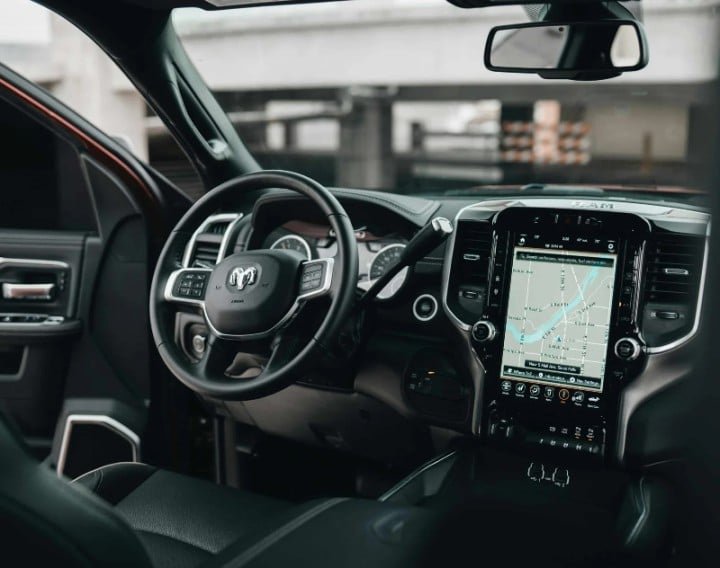When it comes to vehicle safety, the overall quality of a vehicle plays a significant role in determining its safety performance. A well-built and reliable vehicle is more likely to offer better protection to its occupants in the event of a crash or collision. In this article, we will explore how the quality of a vehicle affects its safety performance.
Structural Integrity
One of the key factors that determine the safety performance of a vehicle is its structural integrity. A high-quality vehicle is designed and built to withstand crash forces and protect its occupants. The materials used, such as high-strength steel or advanced composites, can greatly enhance the structural integrity of a vehicle. A well-built vehicle with a strong and rigid structure is more likely to absorb and distribute crash forces effectively, reducing the risk of injury to its occupants.
Crashworthiness
Crashworthiness refers to a vehicle’s ability to protect its occupants in the event of a crash. It encompasses various safety features and technologies that are designed to mitigate the impact of a collision. A high-quality vehicle is equipped with advanced safety features such as airbags, seat belts, and crumple zones. These features work together to minimize the risk of injury by absorbing and dissipating crash forces, restraining occupants, and providing a protective barrier. A well-designed and well-built vehicle will have undergone rigorous testing and evaluation to ensure its crashworthiness.
Reliability and Maintenance
The overall quality of a vehicle also affects its reliability and maintenance requirements, which indirectly impact its safety performance. A reliable vehicle is less likely to Break down or experience mechanical failures while on the road, reducing the risk of accidents caused by sudden malfunctions. Regular maintenance and servicing are crucial to keep a vehicle in optimal condition, ensuring that all safety systems are functioning correctly. A high-quality vehicle is designed to be durable and require minimal maintenance, contributing to its overall safety performance.
Advanced Safety Technologies
High-quality vehicles often come equipped with advanced safety technologies that further enhance their safety performance. These technologies include features such as electronic stability control, adaptive cruise control, lane departure warning, and automatic emergency braking. These systems use sensors, cameras, and computer algorithms to detect potential hazards and assist the driver in avoiding or mitigating them. The integration of these technologies in a high-quality vehicle can significantly improve its safety performance by reducing the likelihood of accidents or minimizing their severity.
Read more about the Vehicle Characteristics Affecting Safety.
Conclusion
The overall quality of a vehicle has a significant impact on its safety performance. A well-built and reliable vehicle with a strong structural integrity is more likely to protect its occupants in the event of a crash. Crashworthiness, reliability, and the presence of advanced safety technologies further contribute to a vehicle’s safety performance. When considering a vehicle purchase, it is essential to prioritize quality and safety to ensure the well-being of yourself and your passengers on the road.
You can also read more on vehicle safety advice from Sanfordauto experts here.

